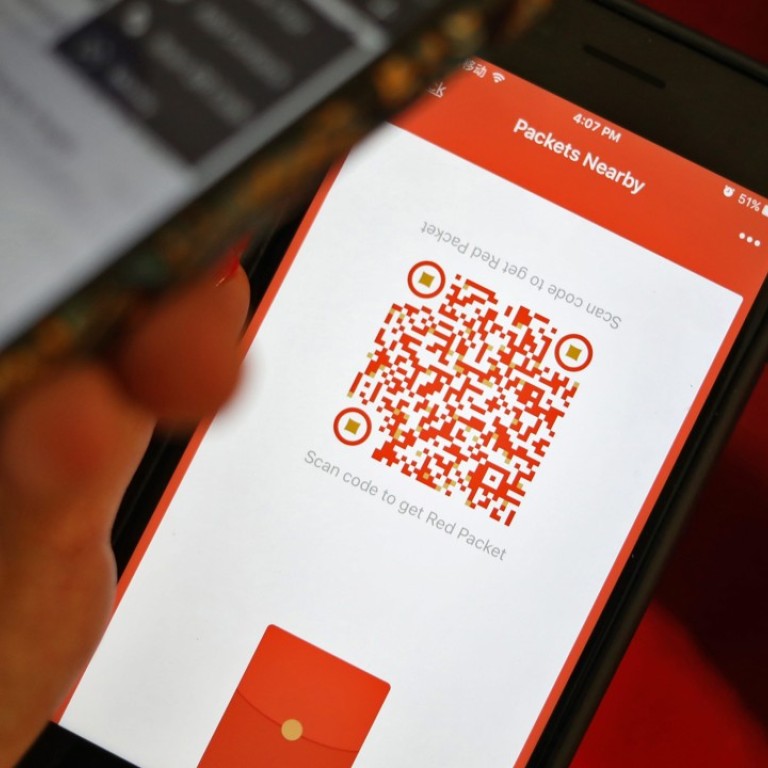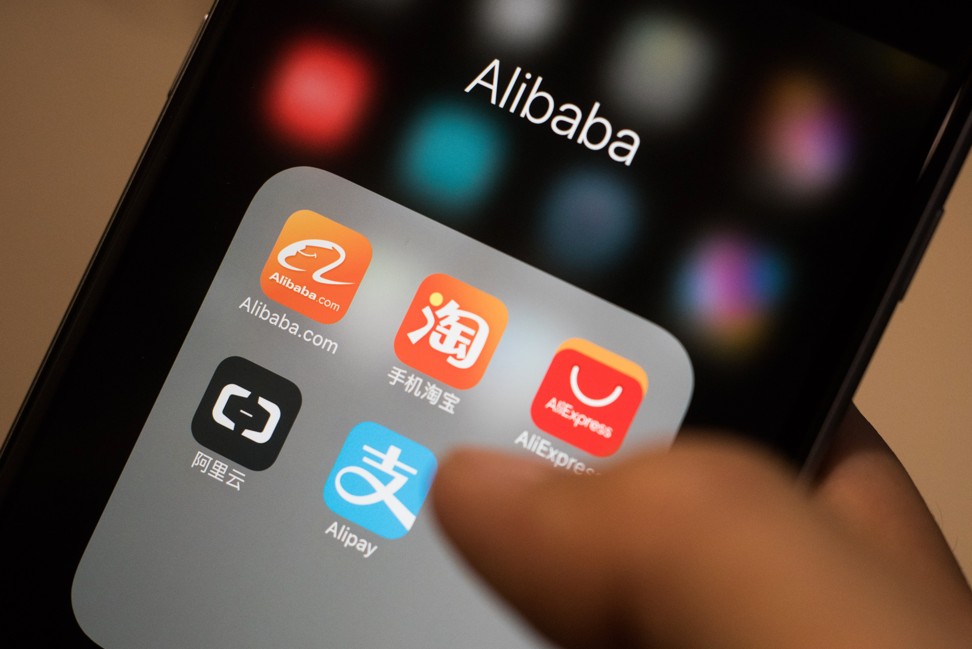
China’s Communist Party officials warned of perils of accepting virtual red envelopes
Cadres advised to tread carefully if offered gifts during the Lunar New Year holiday
While exchanging virtual red envelopes over the Spring Festival holiday is now commonplace among Chinese friends, families and workmates, a report in a provincial newspaper has warned Communist Party officials to think carefully before accepting such digital gifts.
According to an unidentified policy and regulatory official from the disciplinary inspection commission in central China’s Hubei province, cadres should “be careful” when receiving red packets online, Hubei Daily reported on Thursday.
Receiving and sending virtual red packets during the festive season is a good way to strengthen ties with family and friends, but for party cadres the tradition could also result in a conflict of interest, the official said.
“No matter what the amount is, a discipline violation could be just fingertips away,” he said.
“There is a clear discipline regulation that prevents cadres from receiving gifts, money and shopping vouchers that would obstruct [their] fair execution of their official duty.”
Although there are no fixed limits on the value of gifts officials are allowed to receive, the Hubei anti-graft watchdog said the contents of a red packet should never exceed what might be considered a reasonable amount.
It cited the example of Zhong Wentian, a senior police officer from the city of Longyan in Fujian province, who lost his job after receiving virtual red packets worth a combined 10,430 yuan (US$1,650) from a local businessman via a WeChat group.
Another senior police officer from Fujian, Dai Xiaohui, was demoted after receiving 10,765 yuan from the same group, the report said.
Digital red envelopes made their debut in China in 2014, after being introduced by technology giant Tencent, which owns WeChat, the country’s largest social networking app. They soon became a hit with consumers, and other companies followed suit.
Tencent’s biggest rival on the Chinese mainland is Alipay, the mobile payment service provided by Ant Financial, an affiliate of e-commerce giant Alibaba Group, which also owns the South China Morning Post.
Before this year’s Spring Festival – the name most people on China’s mainland use to describe the Lunar New Year holiday – the Central Commission for Discipline Inspection issued guidelines warning party cadres not to fall into the trap of accepting extravagant gifts or invitations to lavish banquets over the festive season.
According to a report on Thursday by China News Service, the number of Chinese people exchanging cash as gifts during this year’s holiday rose 10 per cent from the equivalent period of 2017 to more than 768 million.
In Nanchang, capital of eastern China’s Jiangxi province, a man was reported to have received 3,429 virtual red packets, while in Chongqing another man was said to have set a record by handing out 2,723 cash-filled envelopes in just five days.
People in Guangdong, Shandong and Jiangsu received the most red packets on average.
According to Tencent, during the Lunar New Year holiday in 2016, 516 million people gave and received 32 billion digital red packets via WeChat.
A survey released by market research firm Lightspeed Research before this year’s holiday said that while people in China’s mainland now preferred the digital version of the red envelope, people in Hong Kong still favoured the physical form.


